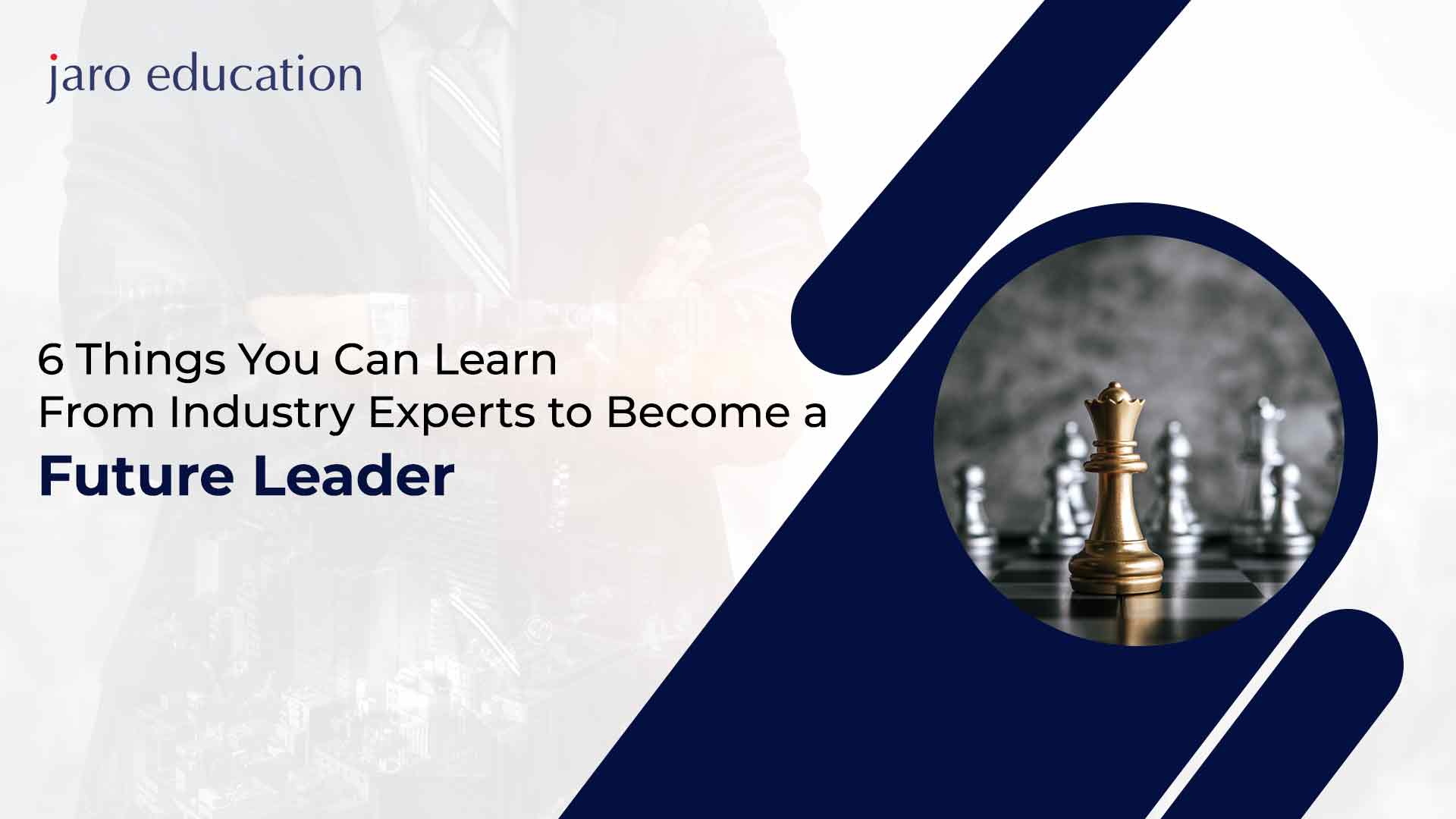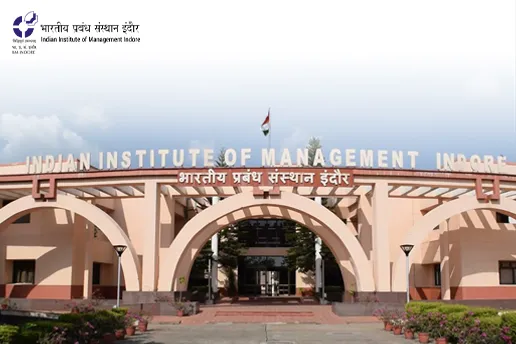Leaders are created through years of hard work, determination and tenacity. But if you want to be a leader in your industry, where do you start? The good news is, you don’t have to wait years to start learning leadership skills. You can begin honing your abilities now with the help of the Future Leader programme from Deakin University, Australia & KPMG in India. Here are six things you can learn from this leadership programme through industry experts to become a future leader.
Building Strong Work Relationships
Strong work relationships are crucial for any leader. Here are a few tips on how to build strong work relationships according to this leadership programme:
Be communicative:
Leaders need to be able to communicate effectively in order to get their point across and build consensus.
Be responsive:
In today’s fast-paced world, it’s important to be responsive to others in order to build trust and respect.
Be collaborative:
In this leadership course, students will learn the need to be able to work well with others in order to get things done.
Be positive:
A positive attitude goes a long way in building strong relationships with others.
Adapting To Changing Trends And Situations
It’s no secret that the business world is constantly evolving. To stay ahead of the curve, leaders need to be adaptable and able to change with the times. According to this leadership course, here are a few things you can learn from industry experts to become a future leader:
Be open to change:
Accept that things are always going to be in flux and that you need to be flexible in order to survive and thrive.
Be proactive, not reactive:
Through this future leader programme, participants can anticipate changes before they happen and put themselves in a position to take advantage of them.
Be comfortable with ambiguity:
The ability to operate effectively in uncertain situations is a key characteristic of successful leaders.
Be resilient:
Setbacks are inevitable, but it’s how you deal with them that counts.
Critical Decision Making
- Critical decisions are the ones that can make or break a team or an organisation. And they’re often the most difficult decisions to make.
- So, how can you become a future leader who is known for making great critical decisions? :
- Consider all possible options before deciding on a course of action.
- Future leaders weigh the pros and cons of each option before making a decision.
- Make sure your decision is aligned with your organisation’s goals and values.
- Get input from others before making a final decision. This includes those who will be affected by the decision, as well as other leaders in your organisation.
- Take time before coming to a final decision and be prepared to defend your decision.
Negotiation
This skill can be learned by enrolling in this leadership course and following the strategy of industry experts. Some key things to keep in mind when negotiating are:
The importance of preparation:
Before entering into any negotiation, it is crucial to do your homework and understand the needs and interests of all parties involved.
The art of persuasion:
Future leaders need to be able to convincingly sell their ideas and persuade others to see their point of view. This involves being able to listen carefully and understand the other side’s arguments before responding effectively.
The value of compromise:
In many cases, the best way to reach an agreement is through compromise. Be willing to give up some of your own interests in order to find common ground with the other party.
Conflict Resolution Skills
There are many different conflict resolution skills that you can learn from industry experts in this leadership programme to become a future leader. Here are some of the most important skills you should focus on:
Active listening:
This involves being fully present when someone is speaking to you, and truly understanding their perspective.
Emotional intelligence:
This refers to your ability to recognise and manage emotions in yourself and others.
Creativity:
When faced with a conflict, thinking outside the box and coming up with creative solutions can be incredibly valuable.
Flexibility:
Being open-minded and willing to consider different perspectives is an essential part of resolving conflicts successfully.
Motivating The Workforce
It is no secret that employee motivation is key to a successful and productive workforce. It is important to find out what makes your employees tick so that you can create a work environment that fosters motivation and encourages productivity.
Here are some things you can learn from industry experts to become a future leader:
Create a positive work environment:
A positive work environment is one that is conducive to creativity, productivity, and motivation. Employees should feel valued and appreciated in order to be motivated to do their best work.
Offer incentives for good performance:
Incentives can be a great way to motivate employees to achieve their best results. However, make sure that the incentives you offer are meaningful and relevant to your employees so that they are truly motivated by them.
Communicate effectively with your employees:
Effective communication is essential in any workplace but is especially important in motivating employees. Make sure you are clear about expectations and give feedback regularly so that your employees know how they are performing and where they need to improve.
Future Leader Programme – Deakin University, Australia & KPMG in India is an interactive, 6-month programme geared towards training managers to take up bigger leadership roles in their respective organisations. A fruitful collaboration between one of the top universities in Australia and one of the biggest professional service firms in India, this leadership programme will draw in the expertise of industry giants to offer the best knowledge and skills to the participants.
Conclusion
There is no one formula for becoming a future leader. However, you can develop the skills and knowledge you need to succeed by listening to and learning from industry experts.






